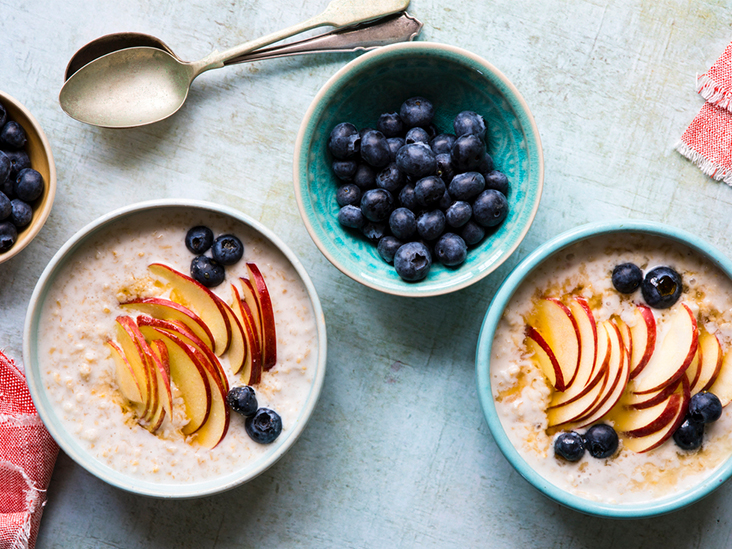Which Fiber Should You Take More – Soluble Or Insoluble?
Dietary fibers that pass through the digestive system without breaking down are part of plant-based food items. But they are categorized into two broad types – soluble and insoluble – for convenience of understanding their functions.
Soluble fiber dissolves in water as it is made largely of plant pectin and gums. But insoluble fiber doesn’t because it contains plant cellulose and hemicellulose. Also, most plant contains both types of fibers but their amount varies from one plant to another.
Fiber is important for a healthy digestive system and many other benefits
Advantages of soluble and insoluble fibers
Fiber makes a healthy diet and both types of fibers are great for a healthy gut and digestive system. But soluble and insoluble fibers work differently.
Soluble fiber makes a gel after dissolving in water and this gel has plenty of health benefits like improved digestion, reducing cholesterol level and checking blood glucose. And improved control over blood glucose will prevent development of diabetes.
Insoluble fiber adds water to stool so that it becomes softer and passes without putting any stress on the bowel movement. It improves bowel health by making it regular. Also, it improves insulin sensitivity and could prevent diabetes.
Dietary fiber is good for your gut and it can give many benefits, if taken in the right amount. But researchers are still exploring the health benefits of taking dietary fibers.
Here’re some of the biggest health benefits of dietary fibers
• Weight loss
• Prevent hypertension
• Balance cholesterol level
• Prevent hemorrhoids by regulating bowel movement
• Control blood sugar
• Regulate sanitation signals of the body
• Lowers risk of colon cancer, breast cancer and diabetes
If you increase your dietary food intake by two servings of the whole grain food, you can lower your risk of type … Find more




